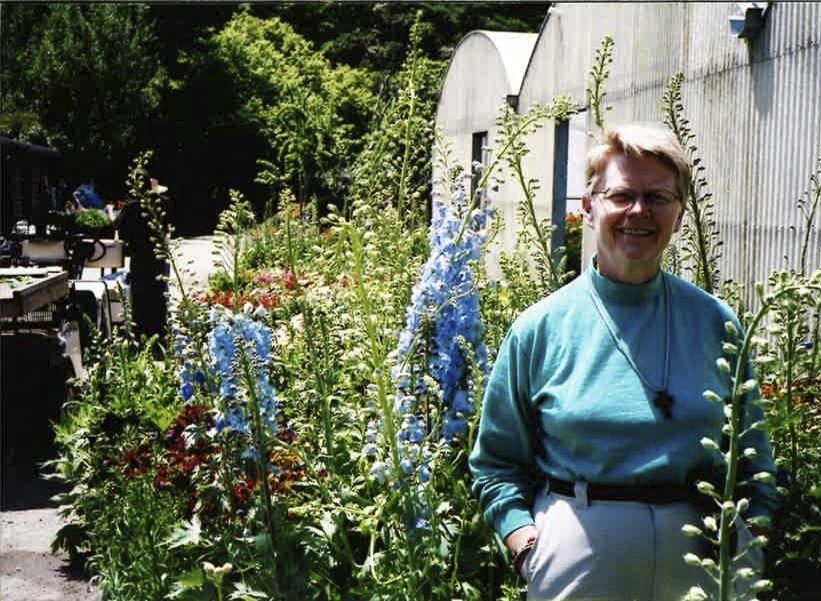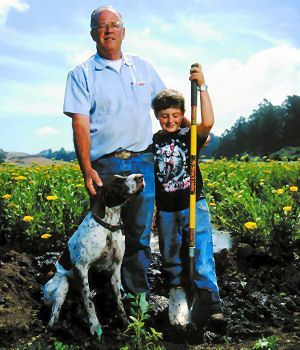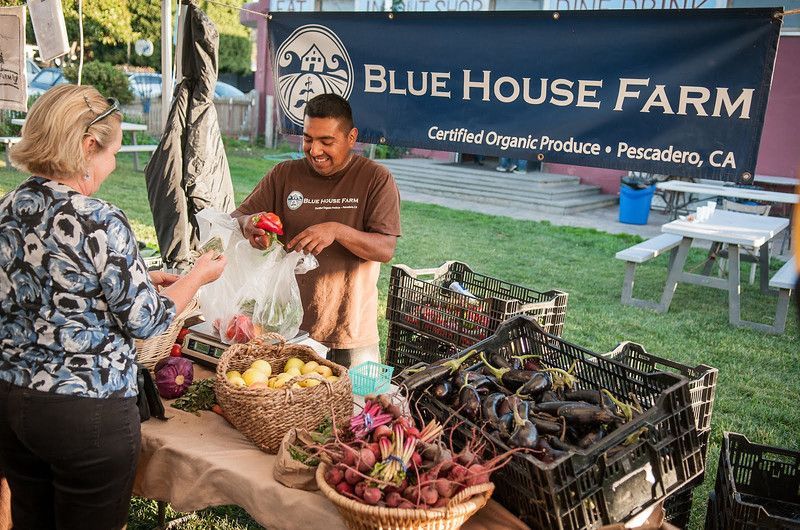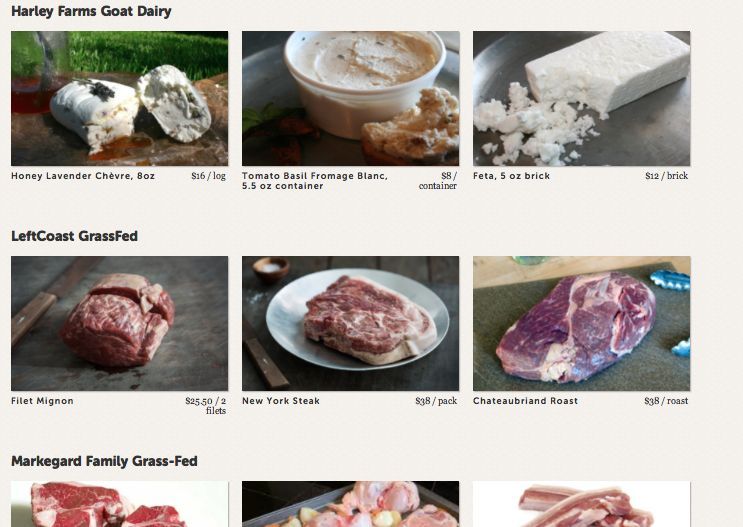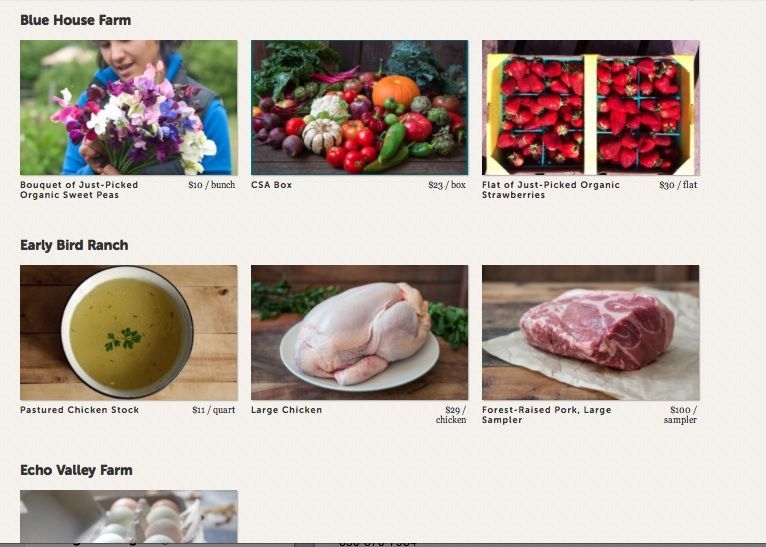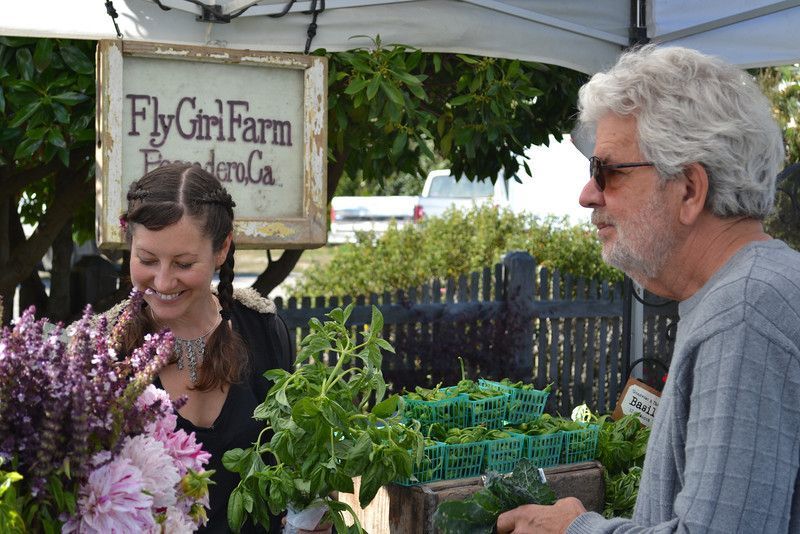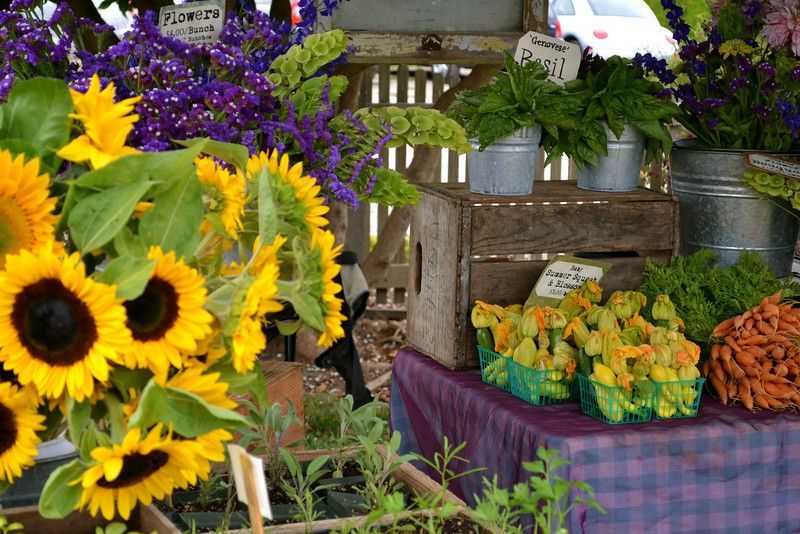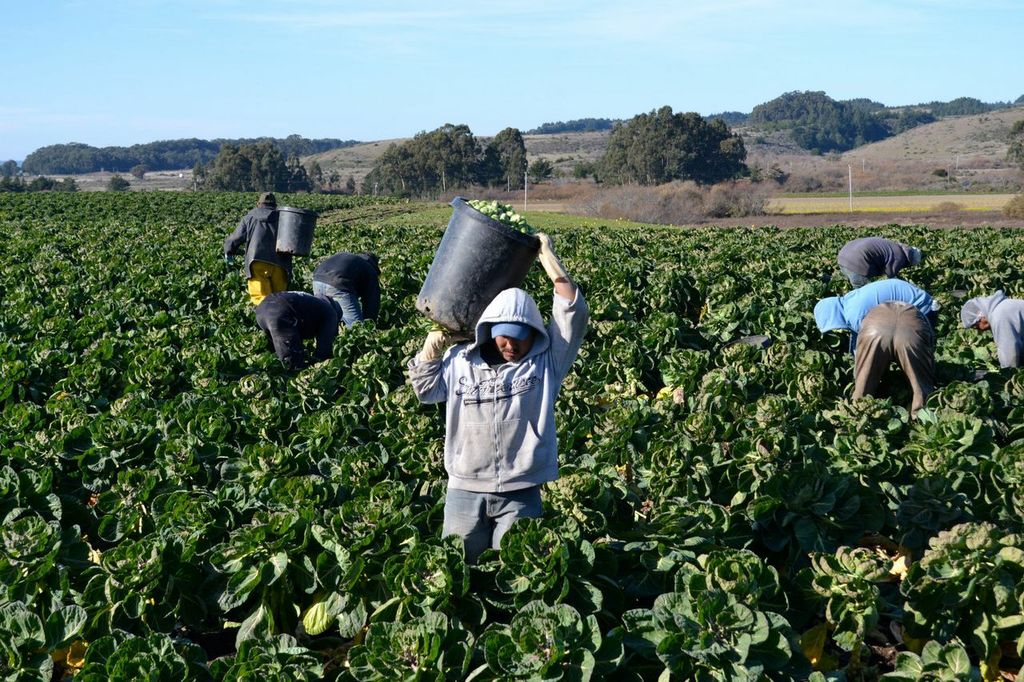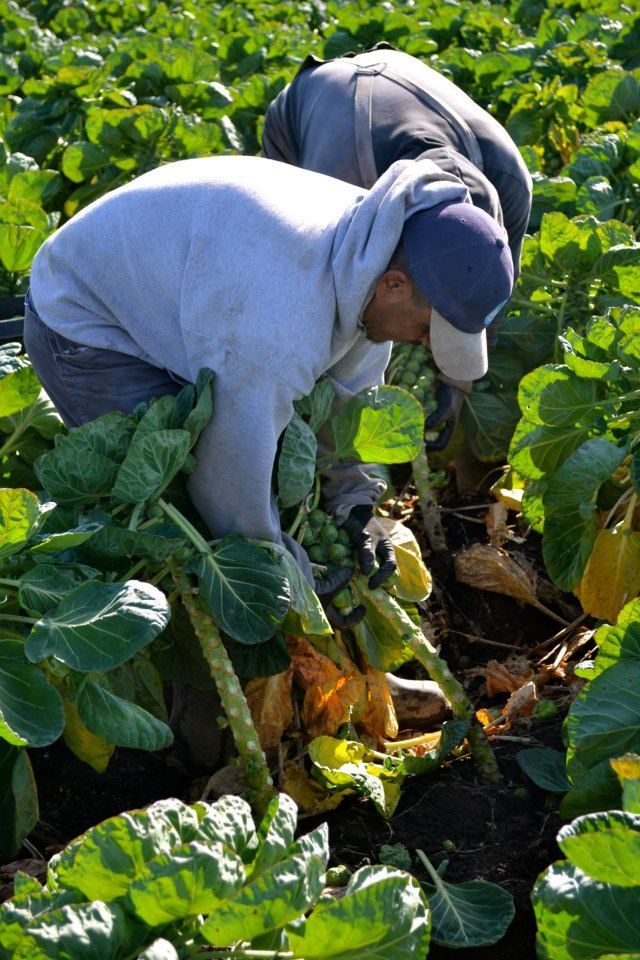Pescadero may be known as a tourist town to outsiders. But it’s Pescadero’s farm economy that keeps the town alive, employs residents and keeps students enrolled in local schools.
The long, slow decline of the South Coast farming and flower nursery economy has been a source of concern for Puente since September 11, 2001. That’s when Puente founder Rev. Wendy Taylor first noticed huge and troubling changes in and around Pescadero.
“It was a very slippery time,” recalls Taylor. “I noticed there weren’t any jobs to spare, even for horse trainers. People needed those jobs more than ever.”
After 9/11, the trickle-down effects of a suffering U.S. economy prompted several of Pescadero’s cornerstone agricultural employers to sharply curtail their labor forces, or shut down altogether.
A mushroom packing plant on Highway 1 closed its doors, laying off 300 workers who were earning a minimum wage of $10 an hour. Silver Terrace Nurseries cut its workforce down to roughly 40 people from 100, according to Rev. Taylor.
Those cutbacks, and several others, forced a substantial labor exodus from Pescadero as entire families left in search of work in other towns. That, in turn, had a near-crippling effect on the La Honda-Pescadero Unified School District.
“I think we lost about 30 students out of our schools… that’s a lot when you only have 300 kids,” says Rev. Taylor.
Foreign competition also took its toll on a local scale. Grocery giant Safeway used to have a contract with Año Nuevo Flower Growers for fresh daisies, but the contract went to a company in Mexico, according to Rev. Taylor.
Another major local flower grower, Oku Inc., stopped selling roses and focused instead on orchids and other plants after Mexican growers undercut their prices. And strawflowers, previously a signature mainstay of the Coastside farm economy, went away altogether.
Fighting to survive
Foreign competition continues to hurt local farms and nurseries, but the biggest problem today is the skimpy labor force, according to B.J. Burns, who owns Bianchi Flowers in Pescadero.
“Labor has changed big time,” says Burns. “We don’t have the labor [force] we had before. I wish they could work out a program to have the farm workers come in.”
Border and work visa restrictions have created so many problems for seasonal workers that Bianchi Flowers has had to cut back on the product they can offer to wholesalers, says Burns.
“Before, you could pre-sell stuff and you would grow it accordingly. But now you’re very conservative when you grow the stuff because you don’t know whether you’re going to sell it, or if you’re going to have the labor to pick it.”
Burns has run Bianchi Flowers for 50 years and hopes to pass the business on to his daughter and grandson.
New strategies
Keeping farms like Bianchi Flowers healthy and strong is a major programming goal for Puente, says Executive Director Kerry Lobel.
Starting with its Pescadero Grown! Farmers’ Market, Puente has stepped into the center of discussions over how to promote and sustain local farmers and ranchers. The farmers’ market enters its third year this month. It opens June 27 and features more than a dozen local food producers.
Puente also produced a South Coast “Foodshed Map” that identified many local food growers as a way help visitors appreciate the huge variety of products made in the area, from cheese to fruits, vegetables and grass-fed meat. Puente also conducted a wide-ranging agriculture survey on the best ways to boost the South Coast farm economy, and is working to implement the suggestions.
The latest major initiative is the Pescadero Grown Farmstand, an online service for Bay Area residents who want to have Pescadero produce delivered to their doors (or held for them at the farmers’ market). The online marketplace is hosted by GoodEggs, part of a relationship brokered by Puente. It will help local growers save time and meet increased demand, says Lobel.
“We need to bring every dollar back we can to preserve jobs and preserve the agriculture economy,” Lobel adds.

